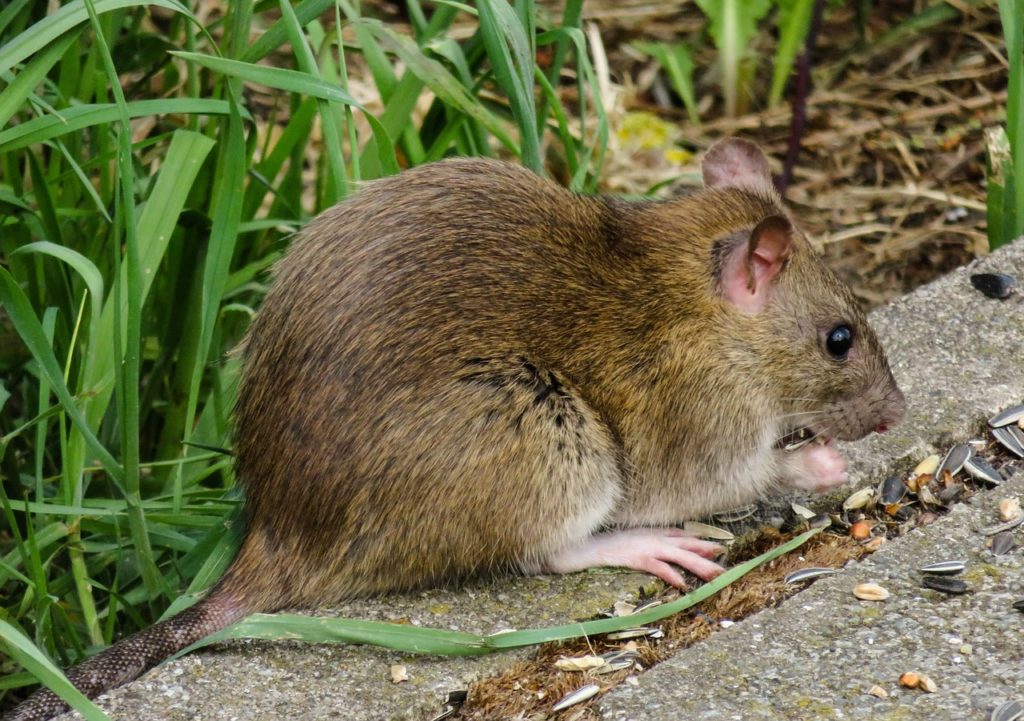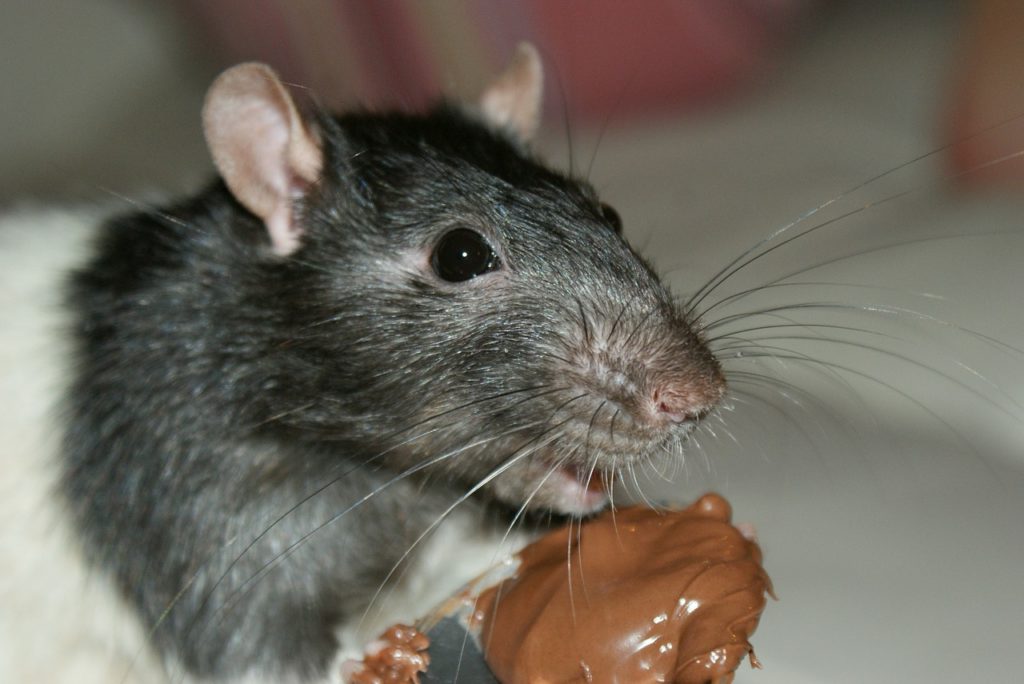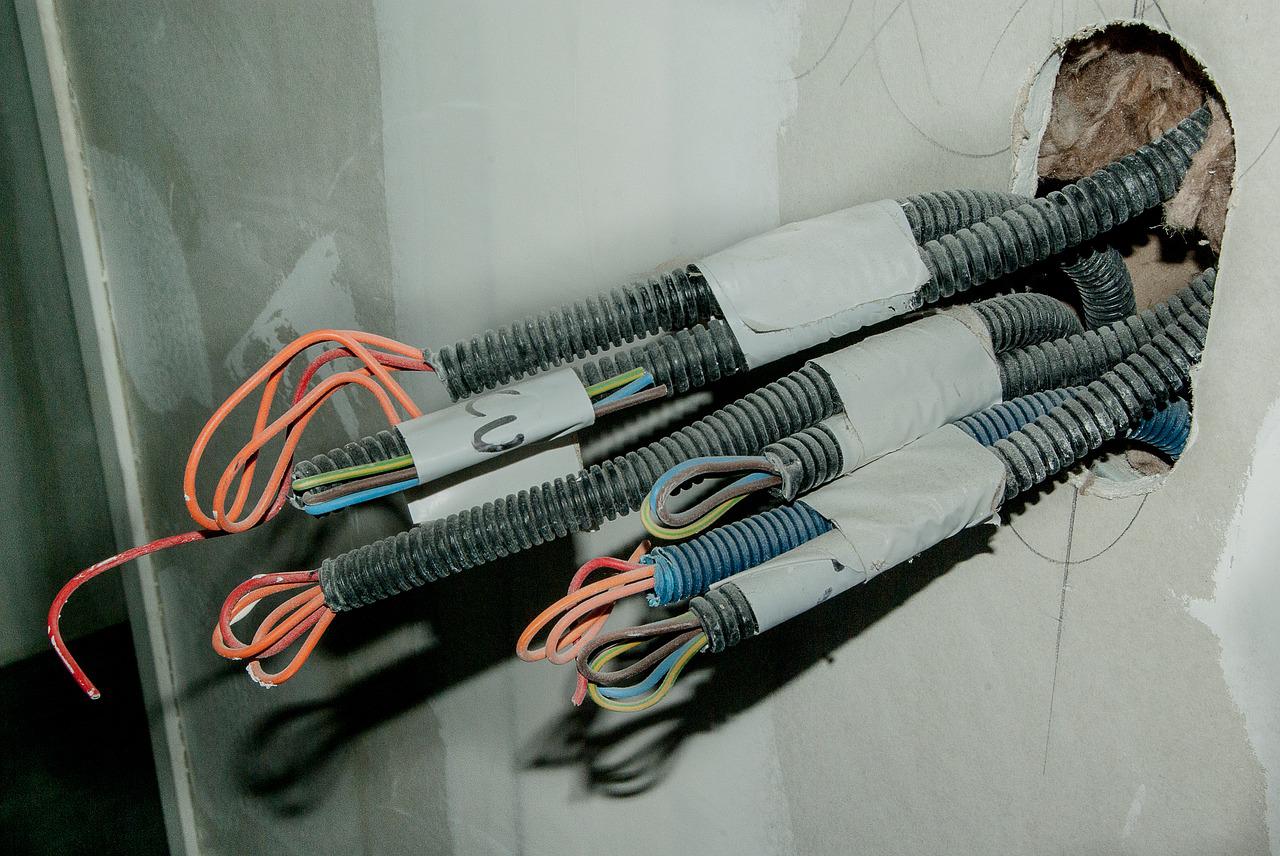Nobody wants rats inside their homes — unless they keep rats as pets. These rodents carry diseases. There is also the damage caused by rats in homes — nobody wants damage caused by rats! But what damage can rats cause in homes?
How rats cause damage in homes
- Materials to build their nests. This won’t come as a surprise to you — rats like to chew stuff. They don’t just chew to eat. They also chew to gather materials for their nest. If they are inside your home, they will surely gnaw on your home’s very structure, furniture, or personal items to gather debris, paper, wood, and other materials to make a nest. Yes, even if they are already inside your home, they will still make a “nest” to rest on. This habit is natural among mammals.
- Food and water to survive. Just like any other animal in the world, rats need food and water to sustain themselves and their young. They are very resourceful and industrious. They will do whatever they can to have a taste of the food you have around your home. They can sneak around at night and gnaw through walls. The damage caused by rats in homes is not limited to structures. They can also involve your health. Food and water touched by rats are health risks.
- By urinating and defecating all over your home! Of course, animals who eat and drink also urinate and defecate. Rat urine and rat poop are not just dirty and smelly. They are also health risks. Directly ingesting them or eating and drinking something that has been contaminated by them are serious health risks. There are numerous diseases you can get, such as leptospirosis and salmonellosis. your

The Damage caused by rats in homes
1. Rats cause serious structural damage in homes
Rat teeth are incredibly strong. You may think that rats can only gnaw through relatively light materials like insulation, plastic, and wood. But they can actually gnaw through stronger materials like aluminum, concrete, copper, lead, and tin. Some homeowners even see gnaw marks on hard materials like steel and hard plastic pipes.
Because of the strength of their teeth, resourcefulness in building nests, and industriousness in looking for food and water, your entire home is vulnerable to structural damage, no matter what kind of material your home is made of.
2. They ruin furniture and personal items
Rats are not very picky when it comes to looking for materials for their nests. They will use whatever materials they see in their vicinity. In the wild, they can settle for debris and twigs. In human homes, they can gnaw through your furniture and personal items.
Furniture pieces are attractive, especially because of their wood content. Personal items such as books, cardboard boxes, and the like are also not safe.
3. They chew through electrical wiring
Again, rats are not very picky. They will chew even live wires. There’s another reason for this — rats feel the need to file their teeth because they are continuously growing. They are not just gnawing through your home to build nests and look for food and water. They are also doing it to keep their teeth healthy and manageable.
During this process, unfortunately, rats may end up chewing on electrical wiring. This is dangerous because it puts you at risk of electrical malfunctions and house fires.
4. They contaminate food and drinks
Rats live in the most unsanitary places. It’s not surprising that they carry disease-causing microorganisms such as salmonella. They can gnaw on your food and transfer the disease-causing microorganisms to their leftovers through their fur or saliva. The food can also be contaminated with rat urine and poop.
Don’t leave food and water out in the open if you think you have a rat infestation. If you see signs of gnawing in the food item, throw it away immediately. Don’t risk it.
5. They spread rat urine and poop
Animal urine and poop are already disgusting, but those from rats are particularly problematic because rats carry disease-causing microorganisms that they can transfer on their urine and poop too.
And it’s not always easy cleaning rat urine and poop. Even just accidentally inhaling poop particles can make you sick. When you are cleaning these up, make sure to protect yourself with goggles, face masks, and gloves.
6. They can be noisy at night
Technically, this is not a type of damage, but it can still be very annoying and exhausting. Rats are more active at night. You are more likely to hear them sneaking around your home looking for food, water, and shelter materials. During the night, they also like to play with each other as a form of exercise, especially the young ones.
All these activities can be very noisy. You may hear them up in your attic, down in your basement, and even within your walls.

How to prevent rats from damaging homes
- Get rid of rats with pest control professionals. Rats are smart. They can avoid traps and rodenticides — if you don’t know what you are doing that is. They also reproduce quickly. Rat infestations can be very difficult to deal with on your own. It may be better to just hire pest control professionals.
- Try rat traps and rodenticides. There are many different kinds of rat traps you can try. There are those that snap and kill rats. And there are those that just contain rats, so you can release them back into the wild later. Rodenticides have pros and cons. The biggest pro is that they are indeed effective. And the biggest con is that they can put you at risk of rodenticide poisoning. If you are going to deal with rats on your own, make sure to do your research and follow instructions diligently. These will make rat control effective and safe.
- Make your home inaccessible and unattractive to pests. Avoid the damage caused by rats by not having rats on your property in the first place. Make your home inaccessible by keeping doors and windows closed, especially at night when rats are more likely to sneak in. Fix cracks and holes too that can serve as passageways. And make your home unattractive to pests by putting your food and water in cabinets, containers, and refrigerators where they can’t easily be accessed by wandering pests.

